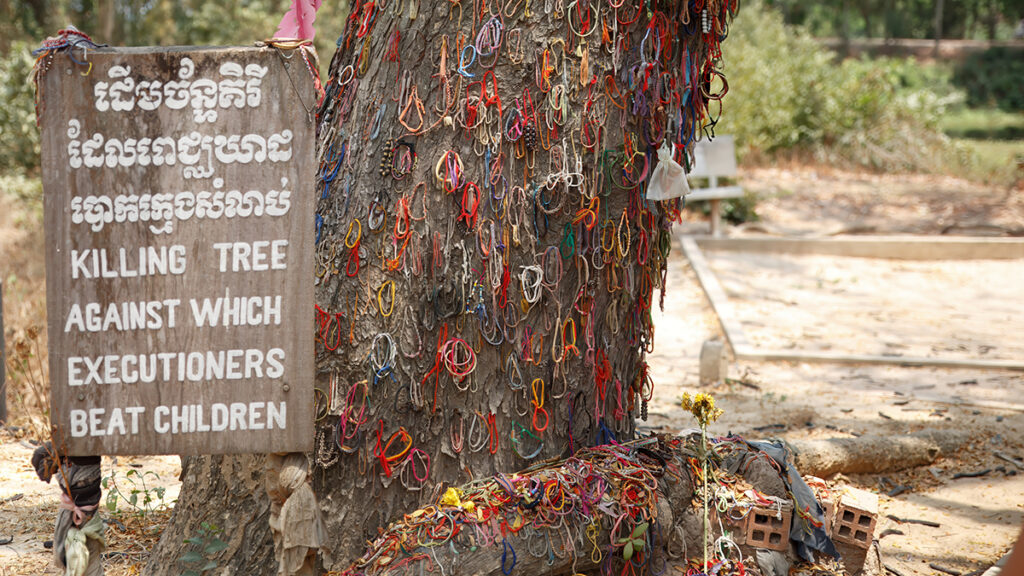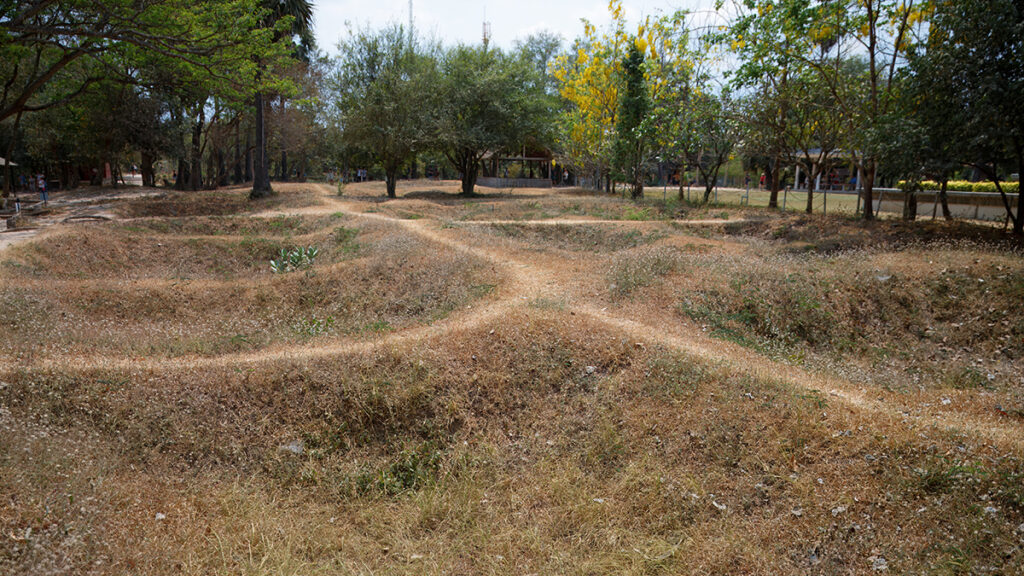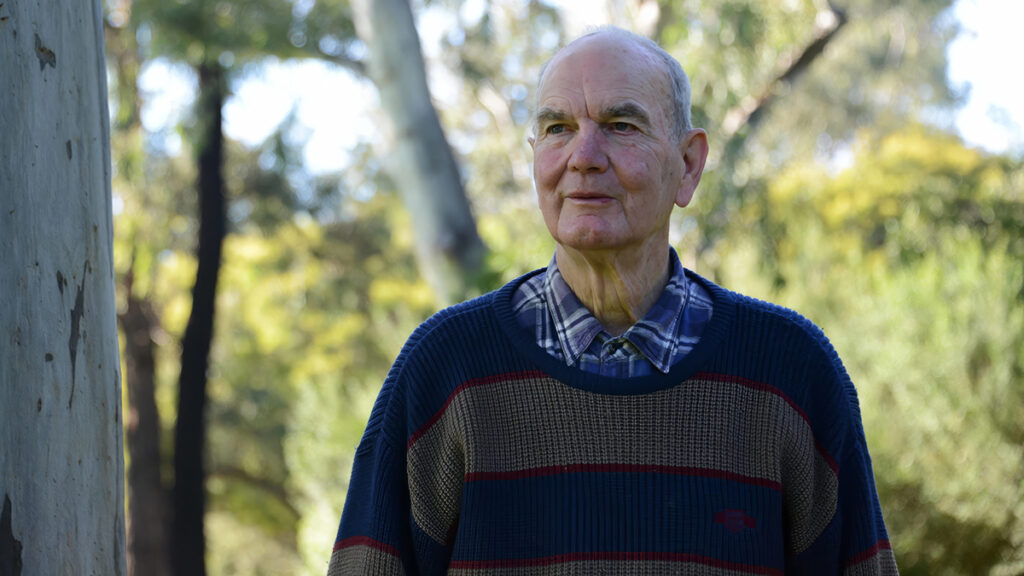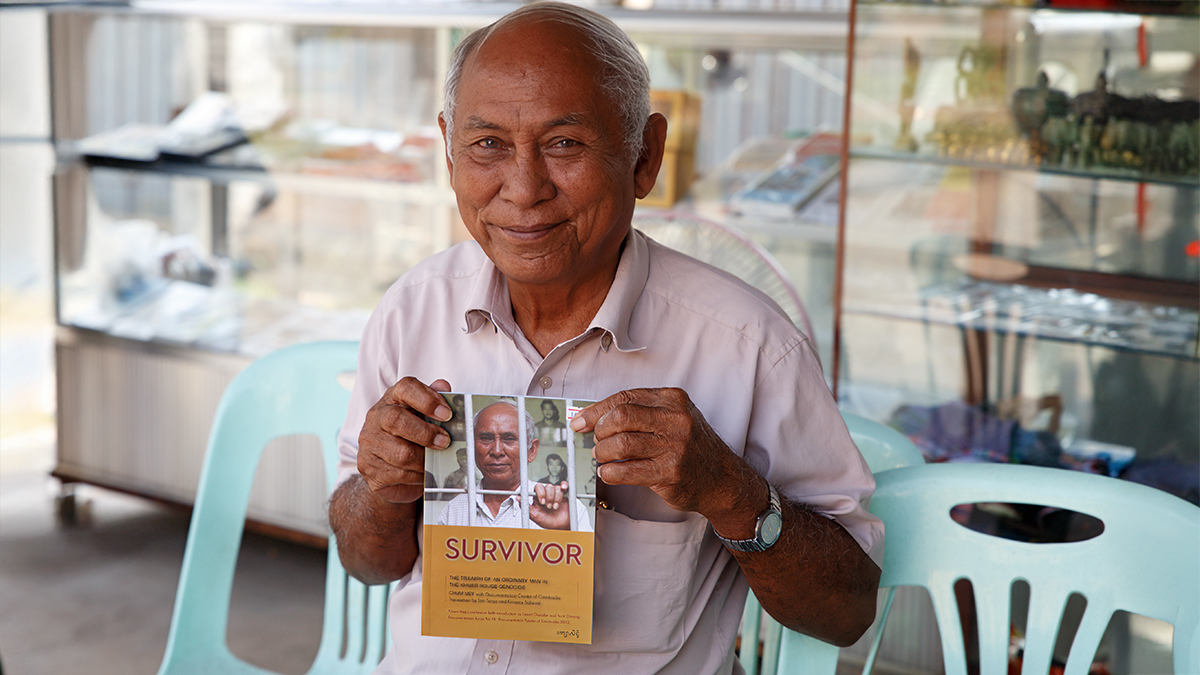The International Day in Support of Victims of Torture, June 26, rarely draws media attention.
Most of us prefer to look away.
But the question in the eyes of someone tortured—”Why are you hurting me?”—is not just directed at their torturer.
It is also aimed at all of us: “Why do you allow it?”
It is an uncomfortable question. But avoiding it deepens the wound to our common humanity.
Routine and global
Torture today is not rare.
It is routine in war, used to extract often unreliable information. At first, we believed it was something only our enemies did. Then came Guantanamo Bay.
Now we hear of it in Ukraine, Gaza, Afghanistan, Syria and many other countries.
Torture is also common in the security systems of totalitarian regimes, used to crush dissent. It is present in prisons—sometimes inflicted on children—to subdue and control.
Investigations, reports, and condemnations come and go. But the practice remains.

Designed to destroy
Torture is not just an act of violence. It is an assault on the soul.
Its goal is to destroy the victim’s sense of self and their connection to others. It isolates, humiliates, and disorients.
Victims are stripped, denied privacy, deprived of sleep and cleanliness, and punished arbitrarily. The aim is to make them feel worthless, hopeless and alone.
The harm lasts long after the torture ends.
Corrupting the torturer
It also damages those who carry it out.
Torture gives them a false sense of moral authority, convincing them their victims deserve the cruelty because they are less than human.
In Pol Pot’s Cambodia, people were tortured not for real crimes but until they confessed to imaginary ones. Like AI in the wrong hands, torture can manufacture “truth” as much as extract it.
Torturers become victims of the system they serve. Their humanity is corrupted.

A call to conscience
The International Day in Support of Victims of Torture calls us to listen.
We may not be able to open our wallets or homes, but we can open our hearts.
We are invited to hear the voices of the tortured, imagine their pain, and refuse to accept excuses for their suffering, especially when it happens in Australian institutions or in countries we call allies.
Torture is a violation of human dignity. To excuse or ignore it is to share in its betrayal.

- Andrew Hamilton SJ is consulting editor of Eureka Street, and writer at Jesuit Social Services.
- Flashes of Insight is an international publication. The editorial policy is that spelling reflects the country of origin.

